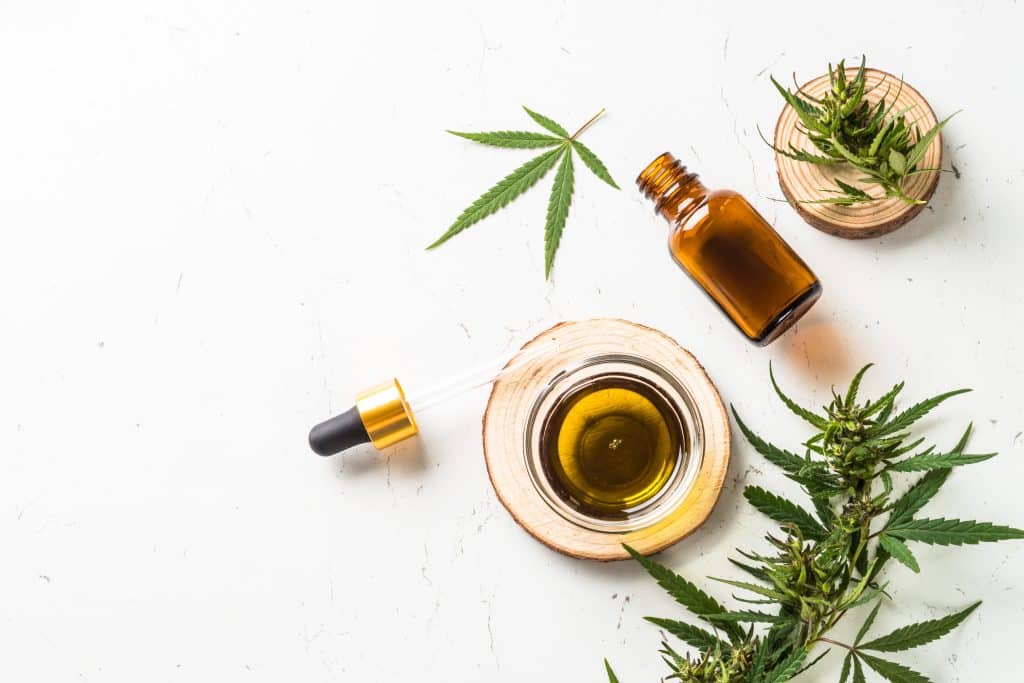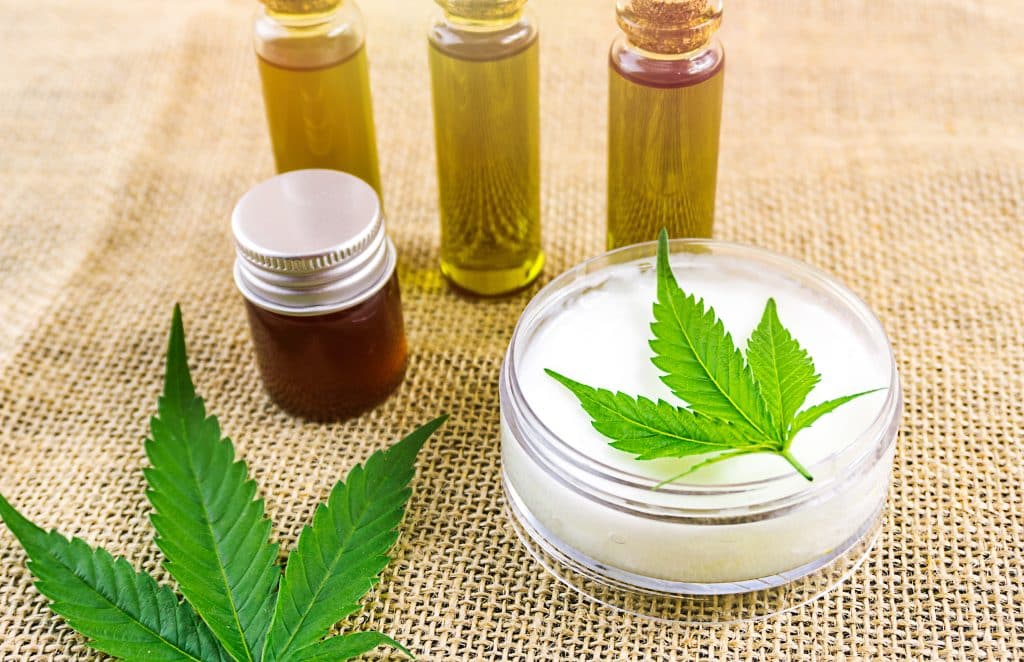Cannabidiol (CBD) is one of the most talked-about substances in the world of health and wellness. It has gained popularity due to its potential therapeutic benefits, including reducing anxiety, pain, and inflammation. With the increasing demand for CBD products, it is essential to understand what CBD is, how it works, and the potential benefits and drawbacks associated with its use. This article will provide a comprehensive overview of CBD, helping you decide whether it is right for you.
Contents
- 1 What Is CBD?
- 2 How Does CBD Work?
- 3 The Potential Benefits Of CBD
- 4 Anxiety And Stress Relief
- 5 Pain Relief
- 6 Inflammation Reduction
- 7 Better Sleep
- 8 Improved Skin Health
- 9 The Drawbacks Of CBD
- 10 Limited Research
- 11 Drug Interactions
- 12 Quality And Safety Concerns
- 13 Legal Status
- 14 Possible Side Effects
- 15 How To Use CBD
- 16 Choosing The Right CBD Product
- 17 Know The Truth About CBD!
What Is CBD?

CBD is a naturally occurring compound found in the hemp plant. Unlike tetrahydrocannabinol (THC), another compound found in hemp, CBD does not produce the “high” commonly associated with marijuana use. Instead, it is thought to have a range of health benefits due to its interaction with the body’s endocannabinoid system.
How Does CBD Work?

The human body has an endocannabinoid system (ECS), which regulates various physiological processes, including mood, appetite, and pain. The ECS contains receptors that interact with compounds found in the hemp plant, including CBD. When CBD is introduced into the body, it is thought to bind with these receptors and influences the function of the ECS, leading to potential health benefits.
The Potential Benefits Of CBD

The reason why CBD has become increasingly popular is due to its potential therapeutic properties. The following are some of the most notable potential benefits of using CBD:
Anxiety And Stress Relief
CBD has been touted for its potential to help with anxiety and stress. Many people use CBD as a natural alternative to traditional medications for these conditions. CBD may help regulate neurotransmitters in the brain, such as dopamine and serotonin, which play a key role in regulating mood. Its calming effect on the mind and body may also help reduce anxiety and stress.
Pain Relief
For those who suffer from chronic pain, CBD may offer relief. CBD has pain-relieving properties that are thought to be due to its interaction with the body’s endocannabinoid system, which is involved in regulating pain sensation. By reducing inflammation and modulating pain signals, CBD may help alleviate discomfort and improve the overall quality of life for those with chronic pain.
Inflammation Reduction
Inflammation is a natural body response to injury or infection, but it can lead to various health problems when it becomes chronic. CBD is believed to have anti-inflammatory properties, which makes it a potential option for reducing chronic inflammation. This reduction of inflammation may also help reduce the risk of developing chronic conditions associated with chronic inflammation, such as heart disease, stroke, and certain types of cancer.
Better Sleep
Many people struggle with sleep problems, such as insomnia or sleep apnea. CBD may help to improve sleep quality through its relaxing effect on the mind and body. Additionally, by reducing anxiety, improving mood, and alleviating pain and discomfort, CBD may make it easier for individuals to fall and stay asleep.
Improved Skin Health
CBD has been shown to positively impact skin health, making it a popular choice for those looking to improve the appearance of their skin. CBD may help regulate oil production in the skin and reduce inflammation, leading to improved skin health and a reduced risk of developing skin conditions such as acne and psoriasis. CBD topicals, such as creams, lotions, and balms, can be applied directly to the skin for added benefits.
The Drawbacks Of CBD

As with anything, there are potential drawbacks associated with taking CBD. By being aware of the following, individuals can make an informed decision about whether or not to use it:
Limited Research
There are many unanswered questions about CBD, including how it works, what doses are effective, and what side effects it may cause. While there has been some research into the potential benefits of CBD, much more research is needed to fully understand its effects and potential drawbacks. Until more research is done, it may be difficult to fully understand CBD’s potential benefits and drawbacks.
Drug Interactions
CBD can interact with other medications, including prescription drugs and over-the-counter supplements. This interaction can alter the medications’ effectiveness or cause side effects. It is essential to consult with a healthcare provider before using CBD, especially if you are taking any medications, to ensure that it is safe and will not interact with your other medications.
Quality And Safety Concerns
The quality and safety of CBD products can vary greatly, depending on the source and the manufacturing process. Some products may contain contaminants or substances that can harm your health. It is essential to only purchase CBD products from reputable, trustworthy sources to ensure that the products are high quality and free from contaminants.
Legal Status
The legal status of CBD can be confusing and vary from country to country and state to state. CBD is completely legal in some countries, while in others, it is illegal or heavily regulated. It is important to understand the laws and regulations in your area before using CBD, as it may be illegal or subject to penalties if not used in accordance with local laws.
Possible Side Effects
Like any substance, CBD can cause side effects in some people. Common side effects may include dry mouth, dizziness, and changes in appetite and weight. Some individuals may also experience more severe side effects, such as liver damage or drug interactions. It is important to consult with a healthcare provider before using CBD, especially if you have any pre-existing health conditions or are taking any medications, to ensure that it is safe and will not cause adverse effects.
How To Use CBD

CBD is available in various forms, including oil, capsules, gummies, and topical products. The best form of CBD for you will depend on your individual needs and preferences.
- CBD Oil: CBD oil is the most popular form of CBD and can be taken orally or added to food and drinks. When taking CBD oil orally, it is crucial to follow the manufacturer’s instructions and start with a low dose, gradually increasing as needed.
- CBD Capsules: CBD capsules are a convenient and discreet way to take CBD. They are available in various doses and can be taken with water like any other supplement.
- CBD Gummies: CBD gummies are a tasty way to take CBD and are available in various flavors. They are convenient and easy to take, making them a popular choice for those who want a discreet and tasty way to take CBD.
- CBD Topicals: CBD topicals are products that are applied directly to the skin. They are available in creams, lotions, and balms and can be used to treat skin conditions, such as acne and psoriasis, or for localized pain relief.
Choosing The Right CBD Product

When choosing a CBD product, it is vital to consider the following factors:
- Quality: Look for products made from high-quality, organic hemp that has been third-party tested for purity and potency.
- Dosage: Consider the amount of CBD per serving and choose a product that fits your needs.
- Method of Consumption: Choose a product that fits your preferred method of consumption, whether oral, topical or otherwise.
Know The Truth About CBD!
CBD is a popular and safe alternative treatment option for many health conditions. CBD may help your overall health and well-being with the right product and proper dosage! However, it is essential to understand the potential side effects and legal status before using CBD products. It is also necessary to purchase high-quality, third-party-tested products from reputable sources to ensure safety and effectiveness. With careful consideration of these factors, CBD can safely and effectively treat various medical conditions.


